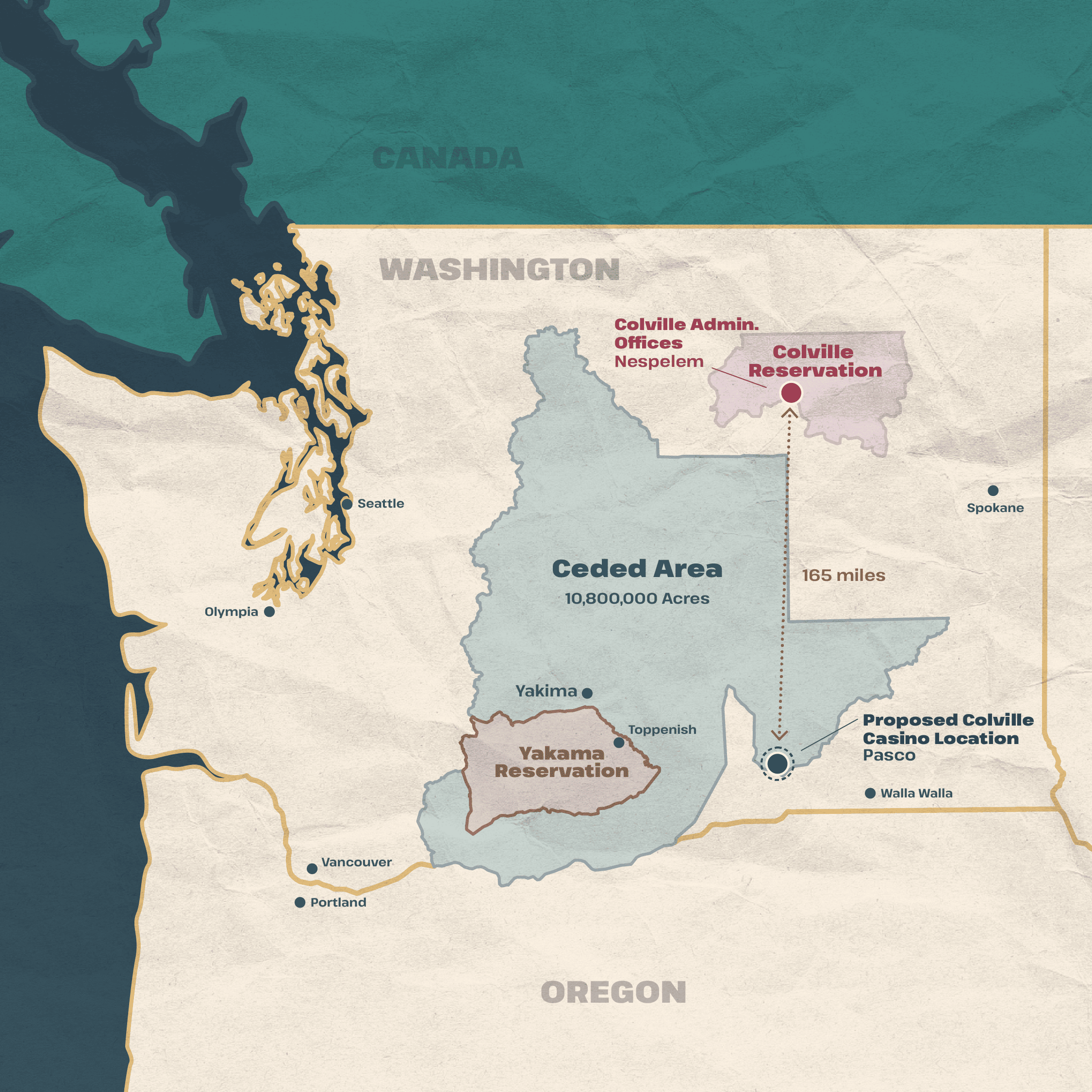Treaty Rights are Under Threat in Washington State
THE ISSUE
A Tidal Wave of Tribal Gaming
Following in the footsteps of its past leaders, the Colville Tribe is now attempting to open a casino in Pasco, over 150 miles away from the Colville Reservation, despite the Colville Tribe having never claimed a presence in Pasco until such claims suited its needs.
The United States, Washington State, and the courts are all in agreement that the Colville Tribe does not have tribal rights or treaty rights in the Pasco area. Nevertheless, the Department of the Interior has accepted and is considering the Colville Tribe’s “fee-to-trust” gaming application. If approved, the decision could have dire consequences, spawning a tidal wave of new off-reservation casinos that ignore legal boundaries, disrupt carefully balanced economies, and endanger the well-being of Indian tribes both locally and across the United States.
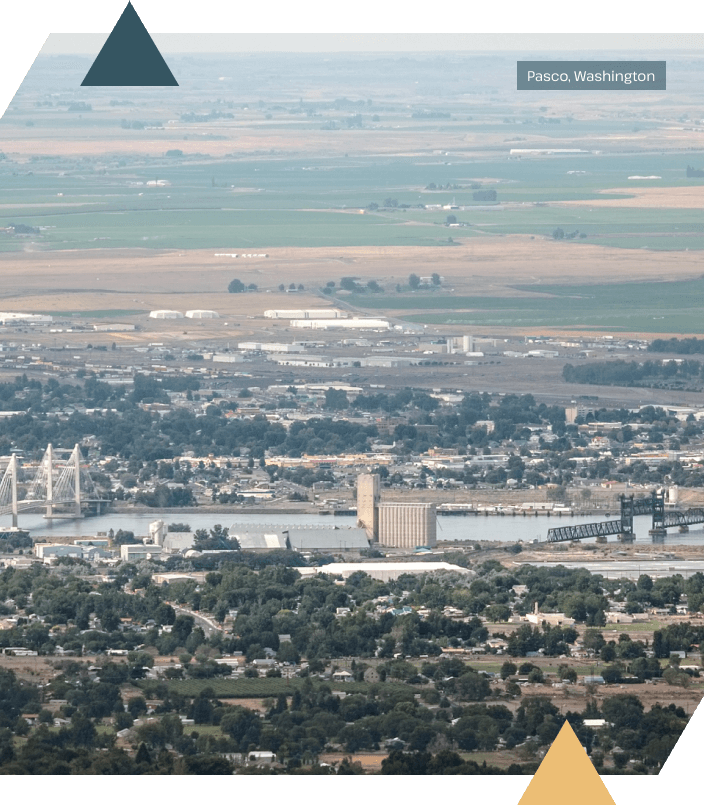
THE LAND
Pasco is the Land of the Yakama
The Palouse are a named signatory to the Treaty with the Yakamas of June 9, 1855, along with thirteen other Tribes and Bands, who together reserved permanent treaty rights throughout the Pasco area.
The Yakama Nation’s Treaty Territory extends across 12 million acres of the state of Washington, from Lake Chelan in the north, all the way down to the Columbia River in the south, and the Tri-Cities region in the east. Pasco rests within the legally defined boundaries of the Yakama Nation’s Treaty Territory.
The United States and Washington State continue to honor and respect these boundaries, recognizing that the Yakama Nation maintains constitutionally protected rights throughout its Treaty Territory – rights that are exclusive or primary to the Yakama Nation and its people.
Yakama Nation’s ceded territory includes Pasco and the Tri-Cities region.
ABOUT TREATY TRIBES
What is a Treaty Tribe?
Not all Indian tribes are treaty tribes. Federally recognized Indian tribes have a government-to-government relationship with the United States. Many Indian tribes derive their political relationship with the United States through Executive Orders or Acts of Congress, while other Indian tribes derive this political relationship through the negotiating and signing of a treaty.
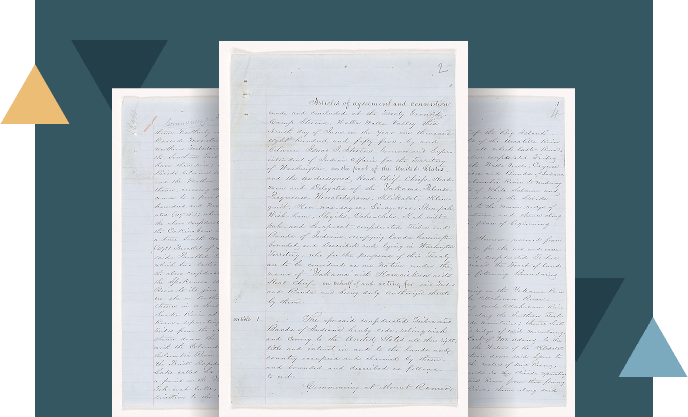
OUR IMPACT
Good Stewards and Neighbors
Yakama Nation’s Contributions to the Tri-Cities Community:
The Yakama Nation contributes to the environment and communities throughout its Treaty Territory. The Yakama Nation has been heavily involved in the Tri-Cities area to support fish and wildlife habitat and survival; such work includes but is not limited to:
Participating in Yakima River Delta restoration activities that will benefit fish and wildlife, increase water quality, reduce fire risk, and reduce mosquito populations around the river mouth.
Supplementation and production of Yakima river stocks that support recreational fisheries in the area.
Hanford Reach fish management activities for Hanford stocks; the largest wild stock of fall chinook remaining in the mainstem Columbia.
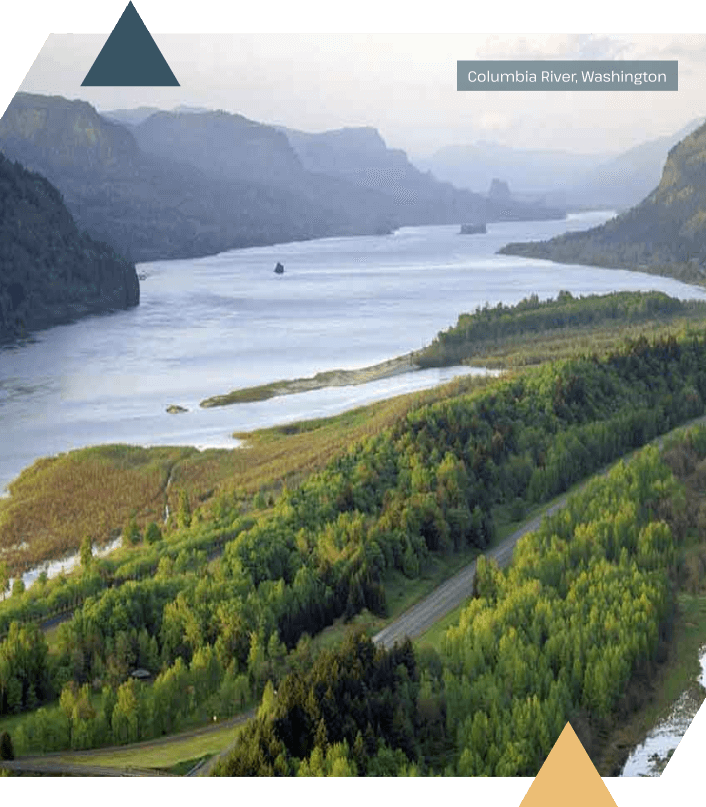
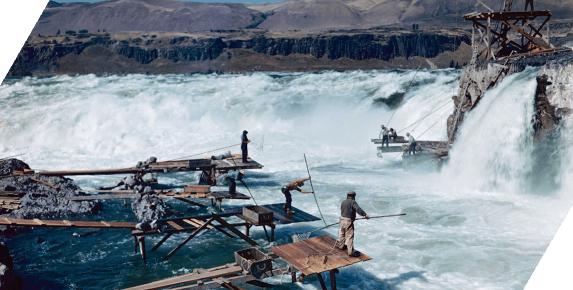
The Yakama Nation has also worked to provide Native and Fisheries education in the Tri-Cities:
- The Yakama Nation is the host for the “Honoring Chamna” event, which celebrates and educates the community on regional tribal history.
- The Yakama Nation partners with the REACH Museum in Richland for display and education on native fish including Pacific Lamprey, salmon, and sturgeon.
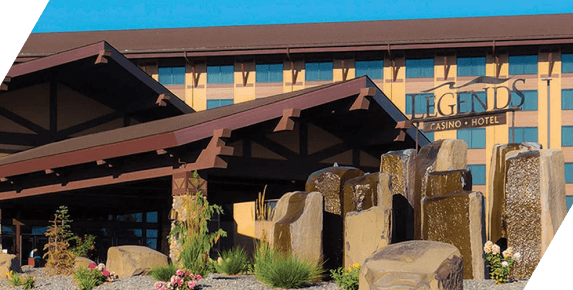
The Yakama Nation’s enterprise, Yakama Nation Legends Casino Hotel, has also stepped in to support community events and initiatives in the Tri-Cities in multiple ways:
- In 2024, twenty Tri-Cities area nonprofits—including the Richland Police Foundation, Columbia Basin College Foundation, and Camp Woods Legacy—shared in $106,000 of the Yakama Cares grants.
- Legends supports nonprofits that directly impact education by, for example, sponsoring nonprofits including the Washington Interscholastic Activities Association, the Washington Secondary Schools Athletic Administrator’s Association, and the Children’s Developmental Center.
- Legends actively seeks out opportunities to directly interact with and support community members through sponsoring events such as the Benton Franklin Fair & Rodeo, Tri-Cities Men’s Expo, and the Tri-Cities Senior Expo.
